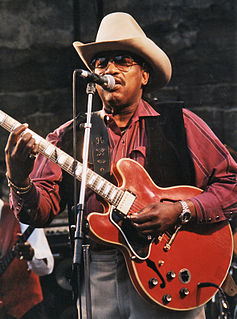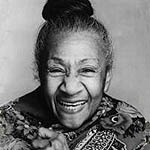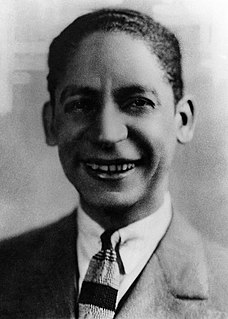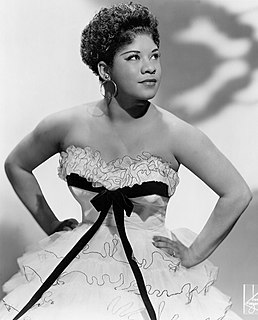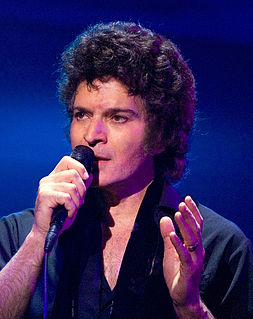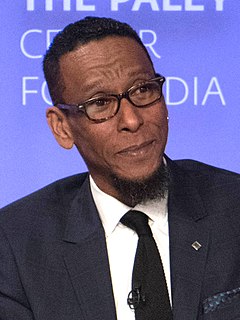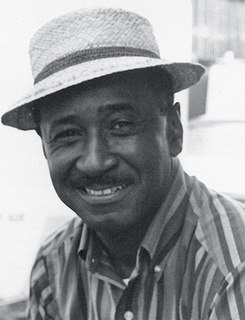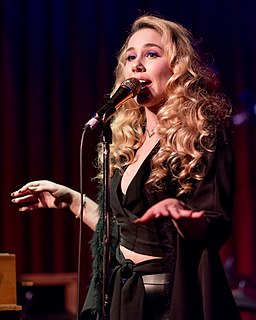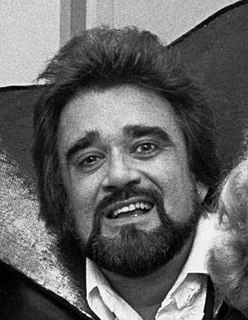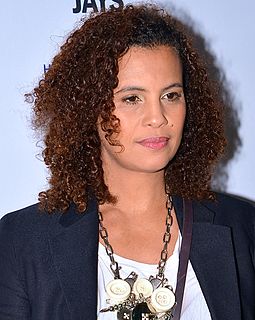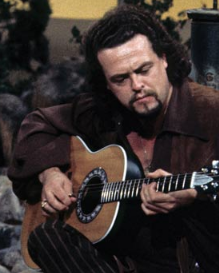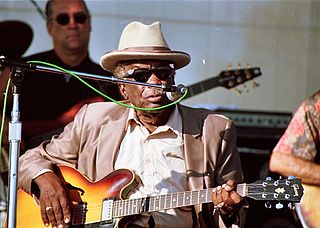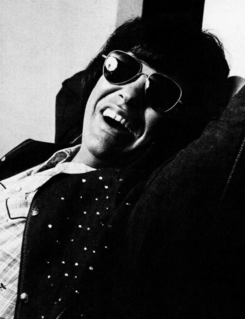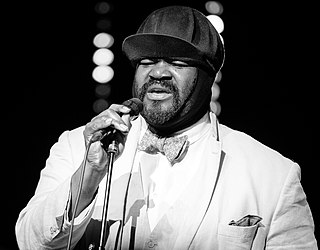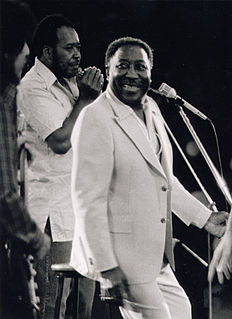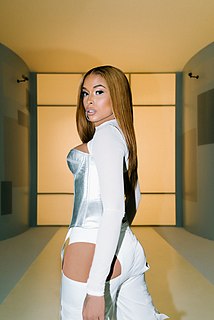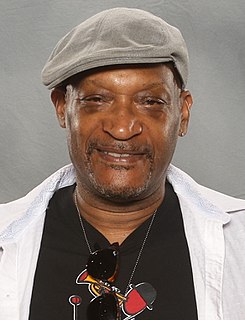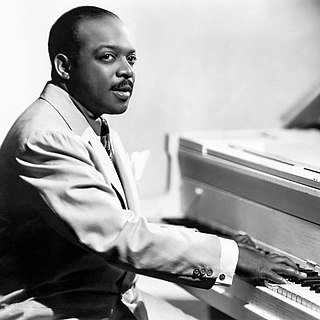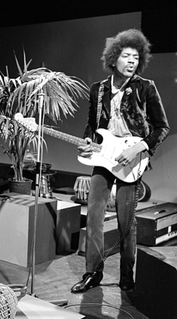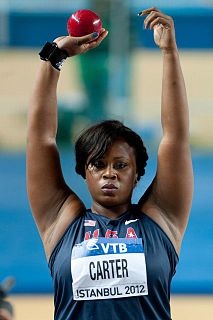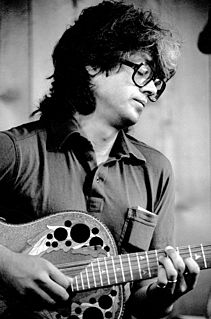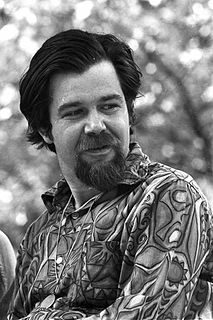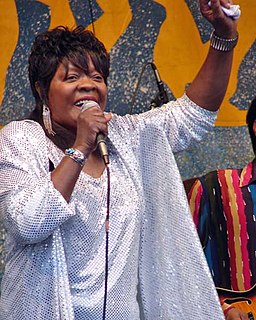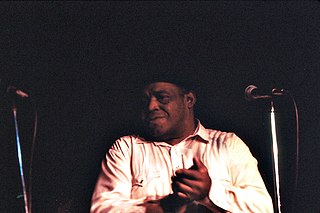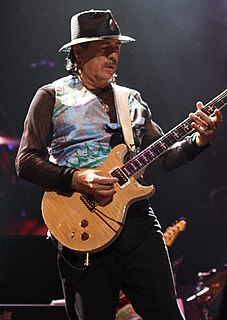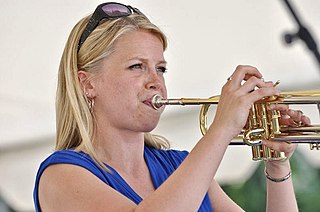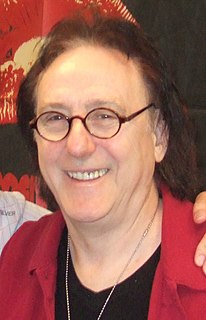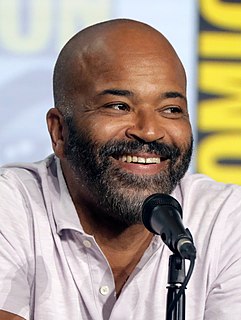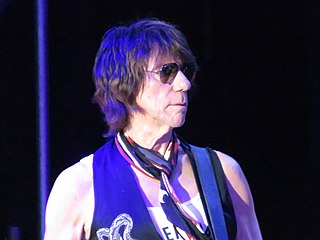Top 1200 Jazz And Blues Quotes & Sayings - Page 4
Explore popular Jazz And Blues quotes.
Last updated on April 20, 2025.
The blues? Why, the blues are a part of me. They're like a chant. The blues are like spirituals, almost sacred. When we sing blues, we're singing out our hearts, we're singing out our feelings. Maybe we're hurt and just can't answer back, then we sing or maybe even hum the blues. When I sing, 'I walk the floor, wring my hands and cry -- Yes, I walk the floor, wring my hands and cry,'... what I'm doing is letting my soul out.
I grew up in a home filled with music and had an early appreciation of jazz since my dad was a jazz musician. Beginning at around age three I started singing with his band and jazz music has continued to be one of my three passions along with acting and writing. I like to say jazz music is my musical equivalent of comfort food. It's always where I go back to when I want to feel grounded.
